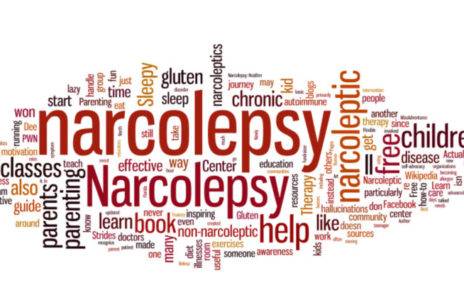As we approach World Health Day on April 7, the theme “My Health, My Right” serves as a poignant reminder of the importance of prioritizing health rights, especially in today’s tumultuous world. In the face of numerous challenges—from diseases to disasters to conflicts and climate change—ensuring that every individual has access to quality healthcare has become more critical than ever.
Realizing the right to health means creating conditions where everyone, regardless of their background or circumstances, can access essential healthcare services and goods. It encompasses not only medical care but also factors like education, safe water and food, adequate housing, and a healthy environment. This holistic approach to health is fundamental to WHO’s mission and is enshrined in its Constitution.
Also Read: Travel Smarter with Google: Your Summer Companion
While there have been notable achievements in improving healthcare access and outcomes in the WHO South-East Asia Region, significant challenges persist. Despite progress, nearly 40% of the population still lacks coverage by essential health services. Investment in health by governments remains insufficient, leading to high out-of-pocket expenses and financial hardships for many.
Moreover, disparities in healthcare access and outcomes persist, particularly among the poorest and most vulnerable groups. Gender inequality further exacerbates these disparities, with women often facing barriers to accessing diagnosis and treatment for non-communicable health conditions. Violence against women and girls remains pervasive, compounding these inequalities and violating their human rights.
Stigma and discrimination also continue to hinder efforts to achieve health equity. Individuals with certain health conditions, such as tuberculosis, HIV/AIDS, or mental illness, face prejudice and discrimination in the healthcare system and society at large. Equality and non-discrimination are essential principles of a human rights-based approach to health, which also emphasizes participation and accountability in healthcare decision-making.
Governments and duty-bearers have a responsibility to respect, protect, and fulfill the right to health and other human rights. This requires increased investments in health, the implementation of effective laws, and the improvement of health services’ availability, accessibility, acceptability, and quality for all individuals.
Also Read: Achieve Healthy, Glowing Skin This Summer with Simple Tips
As we commemorate World Health Day, let us recommit ourselves to advancing health rights for all. By working together to address the root causes of health inequities and ensuring that everyone has access to quality healthcare, we can make the right to health a reality for all individuals, regardless of their circumstances.
Discover more from Thenewsdoor
Subscribe to get the latest posts sent to your email.






One thought on “Advancing Health Rights for All on World Health Day”